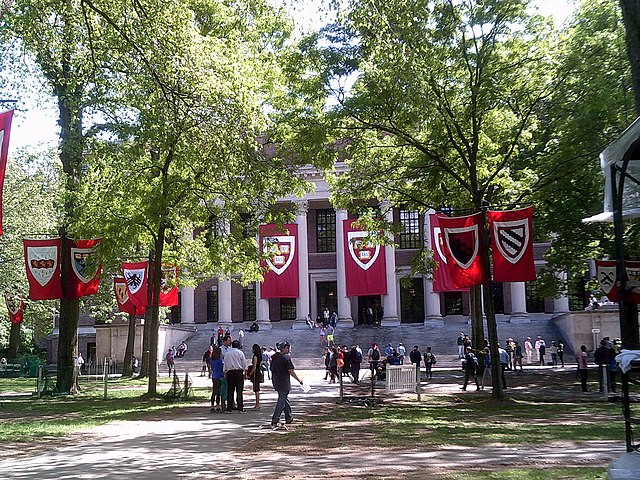Claudine Gay, Harvard's first Black president, has resigned amid a storm of controversy and criticism. Her departure comes in the wake of a Republican-led U.S. House committee investigation into plagiarism allegations against her and a contentious congressional hearing on rising incidents of antisemitism on college campuses.
Gay's resignation, marking the shortest tenure in Harvard's storied history, has ignited debates on the challenges faced by educational institutions and the scrutiny over leadership in such esteemed roles.
Gay, a distinguished political scientist, pleaded not guilty to the allegations, with her supporters and the Harvard Corporation condemning the "repugnant and in some cases racist vitriol directed at her through disgraceful emails and phone calls." Her academic career came under intense scrutiny following her testimony at the congressional hearing, where she and other university presidents were criticized for their responses to hypothetical scenarios involving calls for genocide on campus.
BREAKING: Harvard President Claudine Gay is resigning, making her tenure the shortest in Harvard history.
You love to see it.
The resignation comes as Gay is facing multiple scandals including plagiarism and her reaction to the Hamas attacks on Israel.
Gay only served for… pic.twitter.com/XgyHiW8bra — Collin Rugg (@CollinRugg) January 2, 2024
The hearing, which became a flashpoint for discussions on academic freedom and the protection of minority students, saw Gay and other university leaders unable to unequivocally state that calls for genocide would violate their schools' conduct policies. This ambiguity drew criticism from lawmakers across the political spectrum and the White House.
The situation escalated when conservative activists unearthed several instances of alleged plagiarism in Gay's 1997 doctoral dissertation. While Harvard initially stood by Gay, stating a review found "a few instances of inadequate citation" but no evidence of research misconduct, additional examples of "duplicative language without appropriate attribution" were later identified.
In her resignation letter, Gay expressed distress over the doubt cast on her commitment to confronting hate and upholding scholarly rigor. She stated, "It has become clear that it is in the best interests of Harvard for me to resign so that our community can navigate this moment of extraordinary challenge." Critics and supporters alike have voiced their opinions, with some seeing her resignation as a victory against academic malpractice and others viewing it as a troubling attack on diversity, equity, and inclusion in higher education.
Alan M. Garber, provost and chief academic officer, will serve as interim president until Harvard finds a replacement. This transition period puts Harvard and the broader academic community at a crossroads, reflecting on the responsibilities of university leadership, the impact of public scrutiny, and the delicate balance between academic integrity and inclusive representation.






